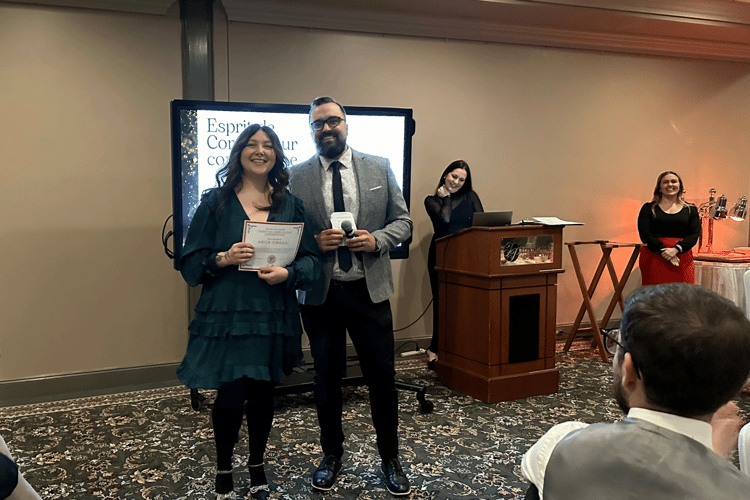There’s no doubt that companies, big and small, can have a huge influence on a community. And being a founder, a CEO, a “boss,” and a leader comes with a great position of power. I’ll refrain from any Spiderman quotes here and get to the point. There are so many ways startups, founders, and venture capitalists in our community can use their power for good right now.
On May 25, 2020, George Floyd, a Black man in Minneapolis, was murdered by a white police officer. In response to this injustice, outrage, violence and protests erupted all over America, including in Detroit. Now, everyone is asking themselves, how can I take action?
And if you’re not asking yourself that question, you’re part of the problem.
There are many steps we can all take as individuals to be anti-racist. Whether you’re donating to a community organization, educating yourself on systemic racism, or checking your own implicit biases, allies who take anti-racist actions can make a positive impact in various aspects of life, including the workplace.
People have been taking steps to prevent racism in the workplace, but it’s our responsibility to do more. Startups are known as leaders in progressive thought and company culture, and that cannot stop at race.
If we want to fight systemic racism, we have to really examine our own companies, products, and industry, and find ways to break down these unjust systems and enable empowerment—both socially and economically.
Here are some tangible anti-racist actions that founders, VCs, and other leaders at startups can take to help fight racism in the workplace.
7 Anti-Racist Actions Startups and Founders Should Take Right Now
1. Hire Black talent
Diversity in tech companies, despite promises to close the gap, remains low. At Google, only 4-5% of its workforce are Black employees. That’s despite 14% of the U.S. population being Black. And that disparity is even greater in Detroit, where 88% of the population is Black or Latinx/Hispanic.
It can be easy for companies to disengage with diversity as the effects of Coronavirus still hammer startups and small businesses, but fighting racism in the workplace starts with hiring Black people.
Of course having a diverse team contributes to a wider pool of thoughts, perspectives and ideas, but it also helps empower Black people and break down barriers.
As Nikki Evelyn of Detroit Black Tech said, “Detroit is experiencing a tech resurgence, and the talent is here.” And that 100% includes Black talent.
2. Retain Black talent
Maintaining a diverse workforce goes beyond the offer letter. Make sure that your actions and the culture you foster at your startup are creating a safe workplace for Black individuals. Make space for Black employees, and make sure you’re always working to create a place where they want to continue working. As Kendra Mitchell said at the panel on diversity and inclusion, it's more than just diversity. It's equity, inclusion and belonging. Inviting Black employees to be their authentic selves at work.
3. Address what’s going on
Now is not a time for silence. It’s important to have tough conversations with your team—and to ask yourself the tough questions, too. Even if it’s uncomfortable. Because the fact that it’s uncomfortable is part of the problem.
Having conversations like this with your team says a lot:
-
It shows Black employees that you support them, see them, hear them, and that you want to create a safe workplace for them.
-
It shows your non-Black employees that racism is never acceptable. Not only that, but it sets the expectation that everyone in the company should be actively anti-racist.
-
Leading by example also helps teach your non-Black employees how to be meaningful allies.
4. Check in on Black employees
Take the time to check in with Black employees. Again, show that you support them and are actively trying to foster a safe workplace. If you allow mental health days, make sure Black employees know that they can—and should—use them. This is a stressful and challenging time, so encourage Black people on your team to prioritize their mental wellbeing.
And if you don’t offer mental health days that are separate from PTO days, start rethinking that policy and prioritize mental wellness as much as physical health.
5. Offer mentorship to Black individuals
Networking can be a powerful tool for finding a job and for moving your career forward. But strong networks aren’t always easily available to Black individuals. Now is a great time to volunteer your skills and time to help network with or even mentor Black people in your field.
The CMO at Bombas is doing just this. Kate Huyette is donating 10 hours of her time to chat with Black individuals on a 15-30 minute call. This can be for people who are looking to move into the startup world, people who are interested in marketing, or any of Katie’s other areas of expertise.
Founders—this is a great chance to share your own expertise and advice with Black individuals who want to break into the startup world, especially for Black entrepreneurs. Reach out to discuss funding options, share ideas about a product, or just to talk shop.
6. Fund Black entrepreneurs
Another way people can help Black entrepreneurs is by funding them. VCs—ask yourselves if there are many Black-owned businesses in your portfolio. If not, try to change that. There’s certainly not a lack of Black entrepreneurs, but there is a lack of Black entrepreneurs with funding. Joining the #hireandwire campaign and start funding Black-owned businesses.
7. Educate yourself
Being an anti-racist ally starts with educating yourself. If you’re confused or overwhelmed about everything that’s going on, start doing your research. There’s no shortage of articles and books about the history of racism in America, how systemic racism affects people’s everyday lives, and on how to take anti-racist actions.
Don’t want to read? Listen to a podcast, or watch a movie. The number and variety of free resources is large and vast, which may feel overwhelming, but here’s a list you can start with:
Watch:
13th (available on Netflix)
Just Mercy (free to stream right now)
“Systemic Racism Explained” (short video from act.tv)
Read:
8 Books Every Entrepreneur Should Read About Dismantling Racism in Business (compiled by Entrepreneur)
How To Be An Antiracist, Ibram X. Kendi
“The 1619 Project” - New York Times Magazine
The New Jim Crow: Mass Incarceration In The Age of Colorblindness, Michelle Alexander
Why Are All the Black Kids Sitting Together in the Cafeteria, Beverly Daniel Tatum
Citizen, Claudia Rankine
Freedom is a Constant Struggle, Angela Davis
“Why You Need To Stop Saying ‘All Lives Matter’”, Rachel Elizabeth Cargle
“Living With Racial Battle Fatigue,” Dionne Irving
Listen:
“1619”, The New Yorker
“Code Switch,” NPR
Attend:
Virtual Diversity and Inclusion Panel, June 23rd, 5 PM
What steps have you taken at your startup to be a better anti-racist ally? Leave a comment or reach out to us with your ideas. We’d love to keep this list growing!

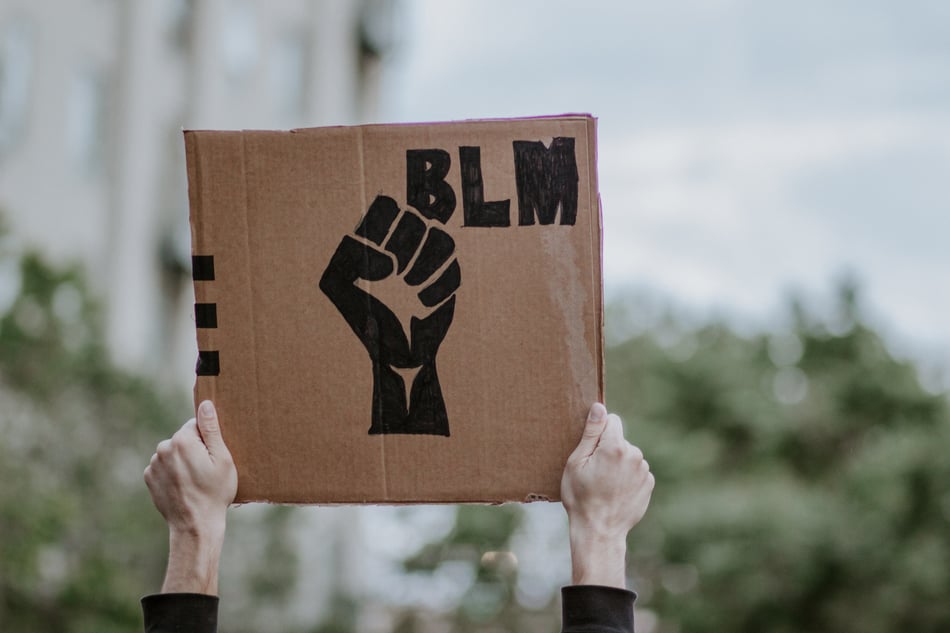


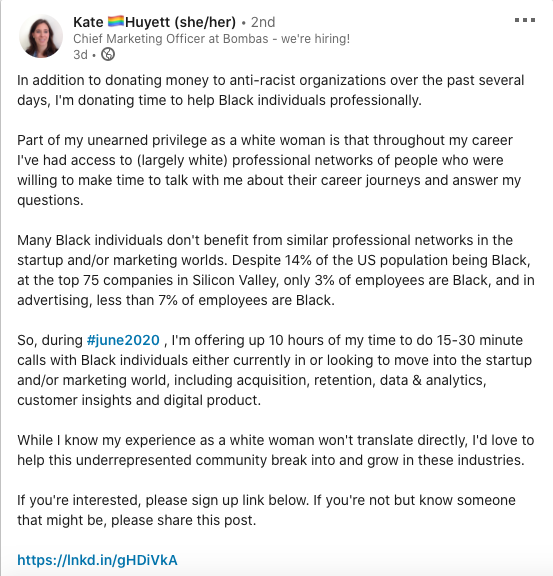
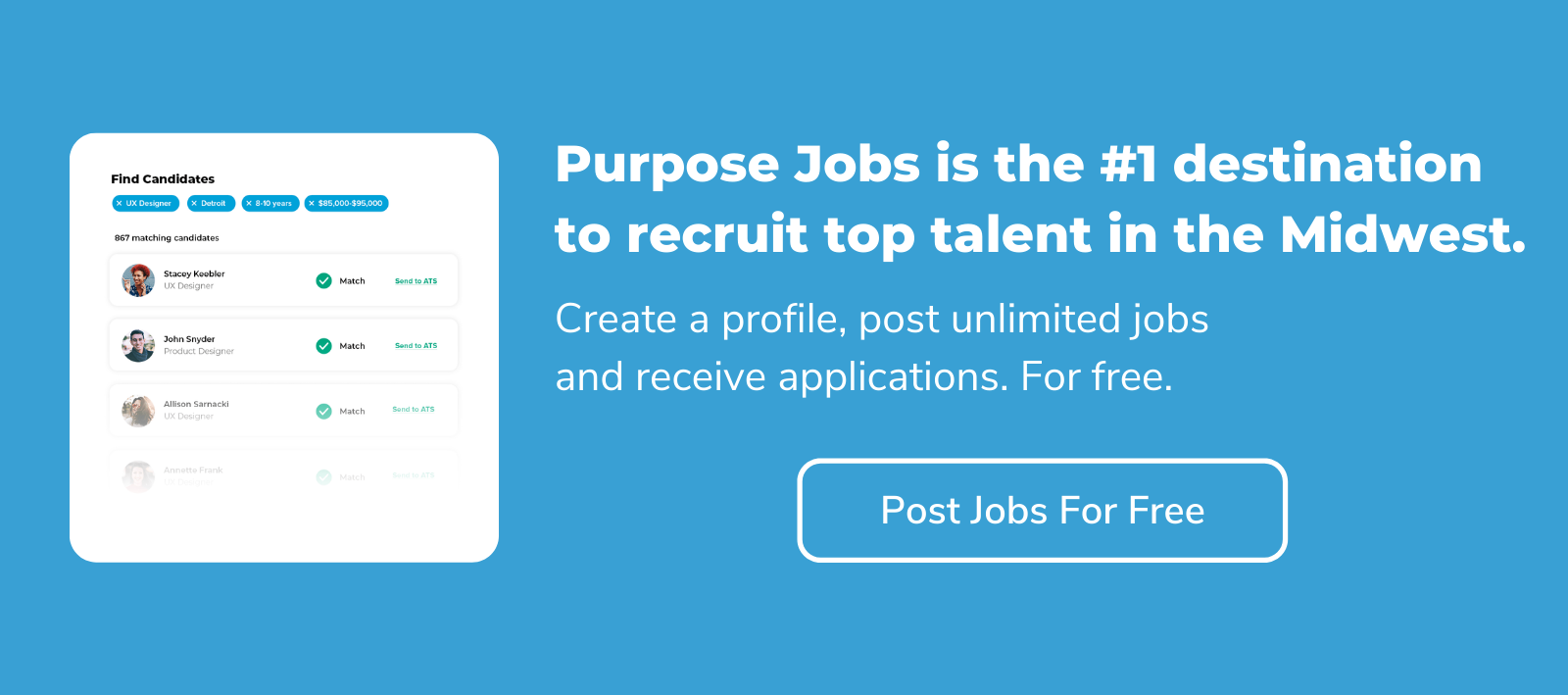
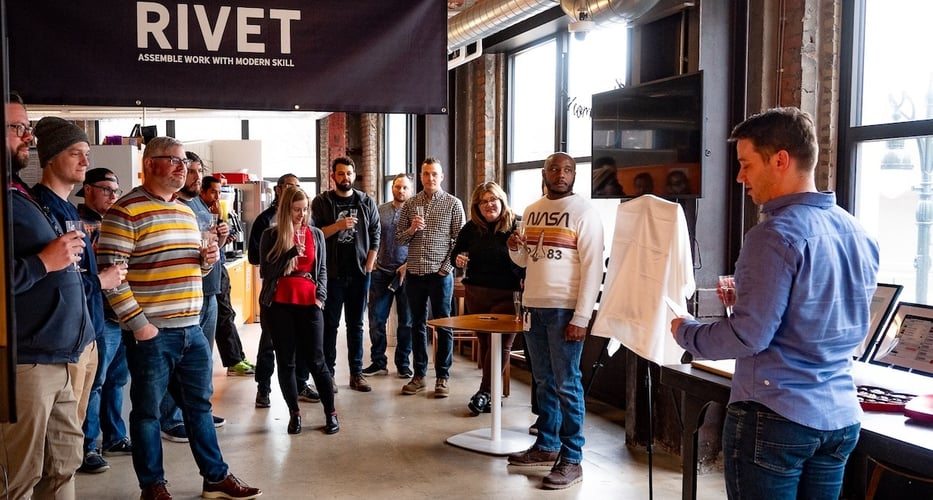
.png?width=50&name=Erin%20Gregory%20(1).png)

